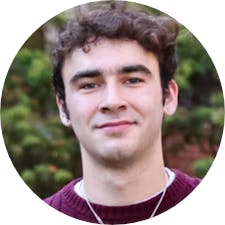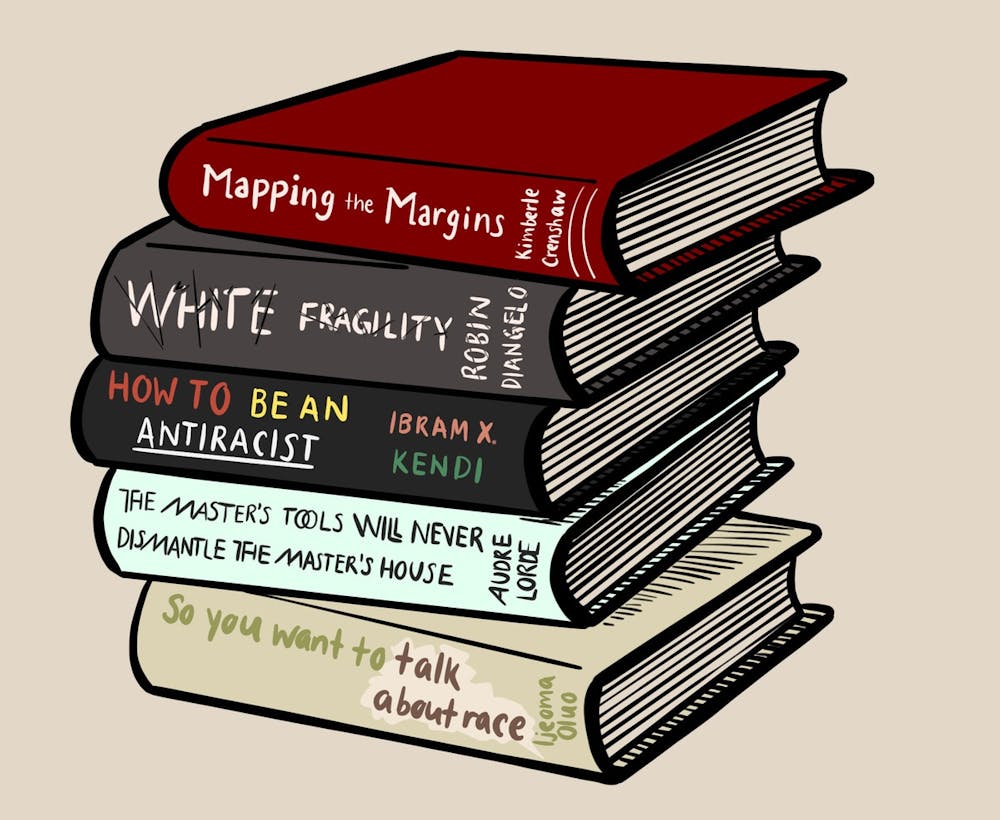Critical race theory has been “thrust into the center of a national debate,” according to Rosalind Chou, associate professor of sociology, who teaches SOC 1827O: “Critical Race Theory.”
Historically, critical race theory and its scholars have been left out of American political discourse, according to Chou. “We were in a very esoteric wing of sociology that no one ever heard of.”
But the academic and legal framework, which originated in the 1970s and 80s to understand the role of institutions in upholding racial inequalities, has recently taken a national spotlight, being cited in several state laws restricting K-12 curricula.
The Herald spoke to three scholars at the University who use critical race theory in their work about its meaning, purpose and public perception. Scholars in critical race theory at Brown said that in light of the national debate, they have faced public backlash for studying a field that is often misunderstood.
‘Now, it's used to refer to anything’
Critical race theory is “this idea that racial bias and discrimination is etched into the fabric of American laws and institutions,” wrote Jonathan Collins, assistant professor of political science, public policy and education in an email to The Herald. “It’s a way of helping us understand how we see persisting racial disparities in the U.S. despite attempts at improving social policy.”
But according to Juliet Hooker, professor of political science, the term is used too broadly in non-scholarly contexts. “Now, it's used to refer to anything that has to do with discussions of racism, sexism, homophobia (or) colonialism — you name it.”
Chou believes that right-wing political figures have been purposely painting critical race theory in a negative light without scholarly merit.
“Anytime the status quo is challenged — in this case, racially — there’s going to be an immediate backlash,” Chou said.
Chou said she hopes that SOC 1872O and similar courses bring light to “how widespread and how deeply (inequality) runs through our history.”
“My work here at Brown is to make sure that misconceptions that have been put in the media with spin are dismantled,” she said.
The classroom as a place to ‘learn how to be citizens and to have debates’
Since the field entered the forefront of national debate, scholars of CRT have received threats, Chou said.
“I have colleagues who have gotten called out or identified by conservative activists and who get hate mail (and) death threats,” Hooker added.
But in the face of backlash against critical race theory, Chou and Hooker both said that the University is supportive of their work.
Before working at Brown, Chou and Hooker worked at Georgia Southern University and the University of Texas at Austin, respectively. Chou said that Brown is more welcoming to scholarship related to inequality, including critical race theory, than institutions in her former state.
Hooker added that she feels lucky to be at Brown because it is “insulated from some of the direct attacks on what (professors) can teach.”
Hooker said she hopes that the national backlash does not stifle conversations in the classroom. “The classroom works best when it's a place where people can raise ideas, raise questions (and) be exposed to things that they don’t know,” she said.
Calls to restrict critical race theory from being taught are “antithetical” to a classroom’s function, she added.
“Classrooms function (for) students to not just learn about the subject, but learn how to be citizens and to have debates and disagreements with each other,” she said. “So if we can't do that in the classroom, how are we going to learn how to do that when we're not in school?”

Ryan Doherty was the managing editor of digital content and vice president of The Herald's 135th editorial board. He is a junior from Carmel, NY who is concentrating in chemistry and economics. He previously served as a university news and science & research editor, covering faculty and higher education.





